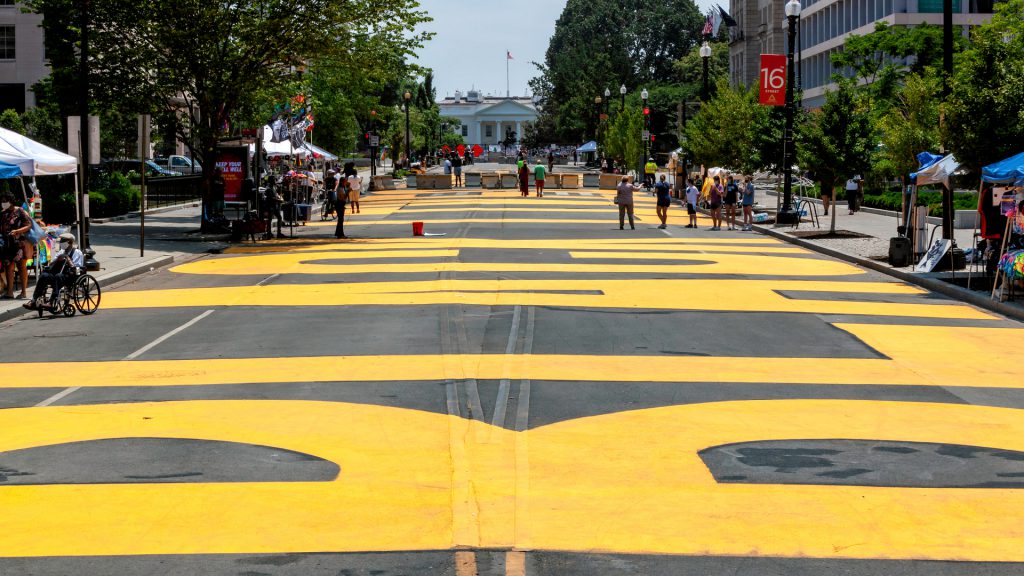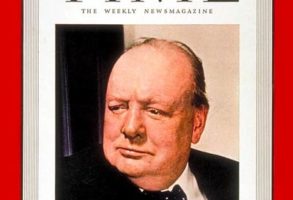
Published July 3, 2020
People have said for decades that America needs to have “an honest conversation about race.” Is this what they had in mind—this drama of marches, riots, witness videos, tear-gassings, surging police lines, Trump tweets, Zoom pressers, statue-topplings, Facebook screeds, cable television rants, window-smashings, shop-burnings, police-defundings, escalating murder rates and the distant thunder of editorial boards?
Veterans in the field of less-than-revolutionary race relations learned that a certain amount of truth-suppression is actually helpful—preferable to the “honesty” of hatred, for example. Much progress has been accomplished under cover of hypocrisy—or, if you like, civility. Good manners and artful hypocrisy were Booker T. Washington’s game, but he was written off as an Uncle Tom long ago.
We live now in the regime and culture of confrontation—ideology as performance, anger as proof of authenticity. You remember how much trouble Joe Biden got into when he bragged about his ability to get along with segregationists in the 1970s. Mr. Biden was preening thoughtlessly on his skill in the arts of the old hypocrisy. Now he has learned his lesson and embraces the left’s idea of honesty—no deviation from the party line or from the officially approved emotions.
How do you judge a moment of history when you are in the thick of it? How can you tell if all of this will be remembered as historic or will be superseded and forgotten as another momentary sensation, another self-important mirage? The current moment feels intensely historic now, but we shall see.
Black Lives Matter has ambitions to abolish its own version of the Chinese Cultural Revolution’s “Four Olds”—old customs, old culture, old habits, old ideas—and to add a fifth, old statues. Yet this summer the titanic racial theme competes and fuses with other superstories—the pandemic and its economic consequences, the presidential race, America’s long-running politico-religious civil war.
Raw emotion pours out of social media and into the streets—outrage, with a touch of holiday. On the other side is an oddly silent majority. It seems eerie that so much of the country—the land of “white supremacy,” as the left likes to think of it—gives the appearance of having almost acquiesced, as if it has conceded that the eruptions might be justified and even overdue. Can it be that the silenced majority has had an epiphany, that in its heart it acknowledges the justice of black Americans calling in Thomas Jefferson’s IOU, “I tremble for my country when I reflect that God is just, and that his justice cannot sleep forever”?
There’s some of that—changed minds, old prejudice grown reflective. In any case, the silenced majority, out of moral courtesy, has been reluctant to criticize people demonstrating in the wake of George Floyd’s killing. At the same time, it recoils—more indignantly and incredulously each day—from the left’s overall program and mind-set, which it considers insidious if not crazy. When major cities propose to cut off funds for their police departments or to abolish them altogether, that Swiftian absurdity makes a deep impression, confirming a broader doubt about the left’s intentions and mental health.
The most tragic impediment to an honest conversation about race in America is fear—an entirely realistic fear of being slain by the cancel culture. This fear to speak is a civic catastrophe and an affront to the Constitution. It induces silent rage in the silenced. It is impossible to exaggerate the corrupting effect that the terror of being called a “racist”—even a whiff of the toxin, the slightest hint, the ghost of an imputation—has on freedom of discussion and the honest workings of the American public mind.
Racism in America is no longer totalitarian, as it once was, especially in the South. The cancel culture is the new totalitarianism, a compound of McCarthyism, the Inquisition, the Cultural Revolution, the Taliban and what has become a lethal and systemic ignorance of history—almost a hatred of it. All that wild, unearned certainty, all that year-zero zealotry, discredits those who associate themselves with the cause and makes a mockery of their sweet intentions. Much of the white woke rage is radiant with mere self-importance.
And it’s going to backfire. Newton’s Third Law of Motion hasn’t been repealed: For every action there is still an equal and opposite reaction. My sense is that there is quietly building a powerful backlash, which will express itself on Nov. 3, if not before. My guess is that polls now showing Mr. Biden far ahead don’t reflect reality. It may be impossible for President Trump to win; for some reason, he collaborates daily with his enemies to sabotage his chances. But the outcome is by no means as certain as the polls now suggest.
Mr. Morrow is a senior fellow at the Ethics and Public Policy Center.








